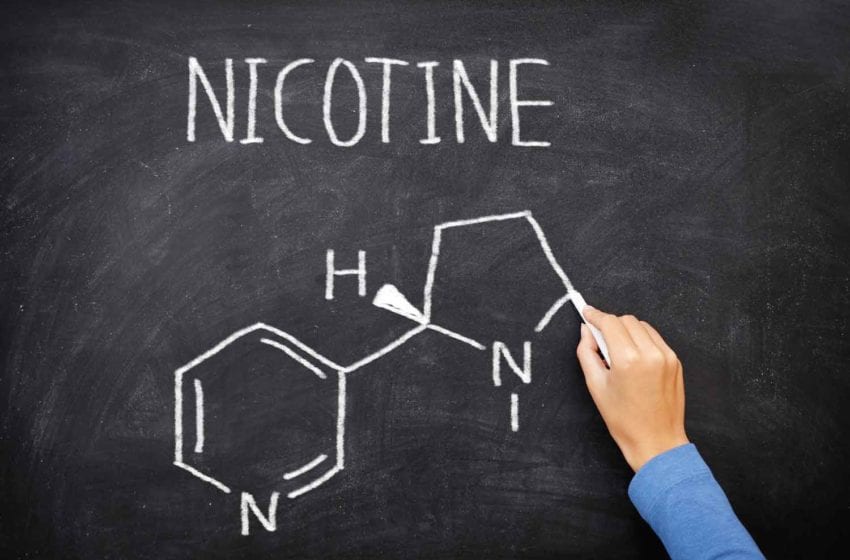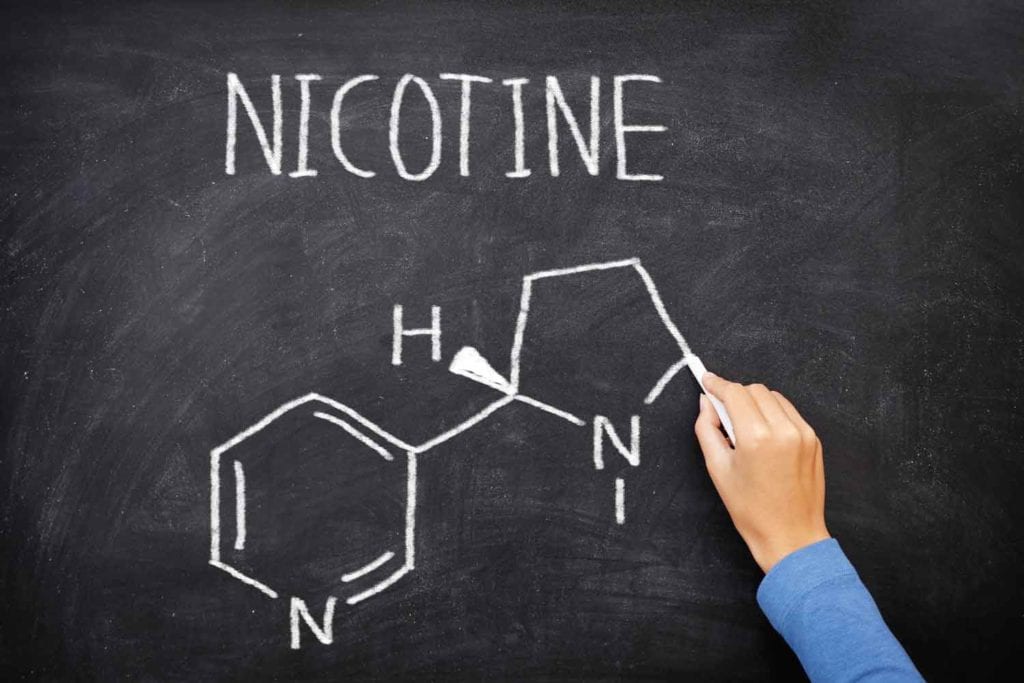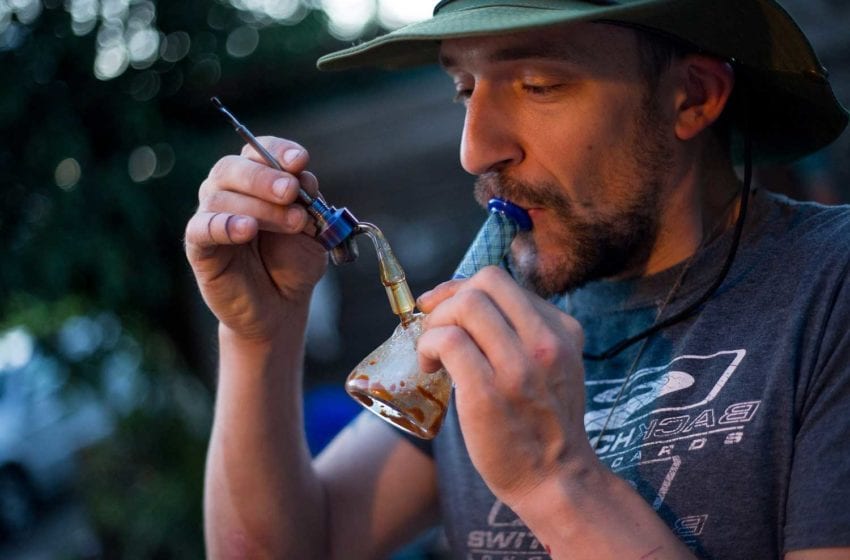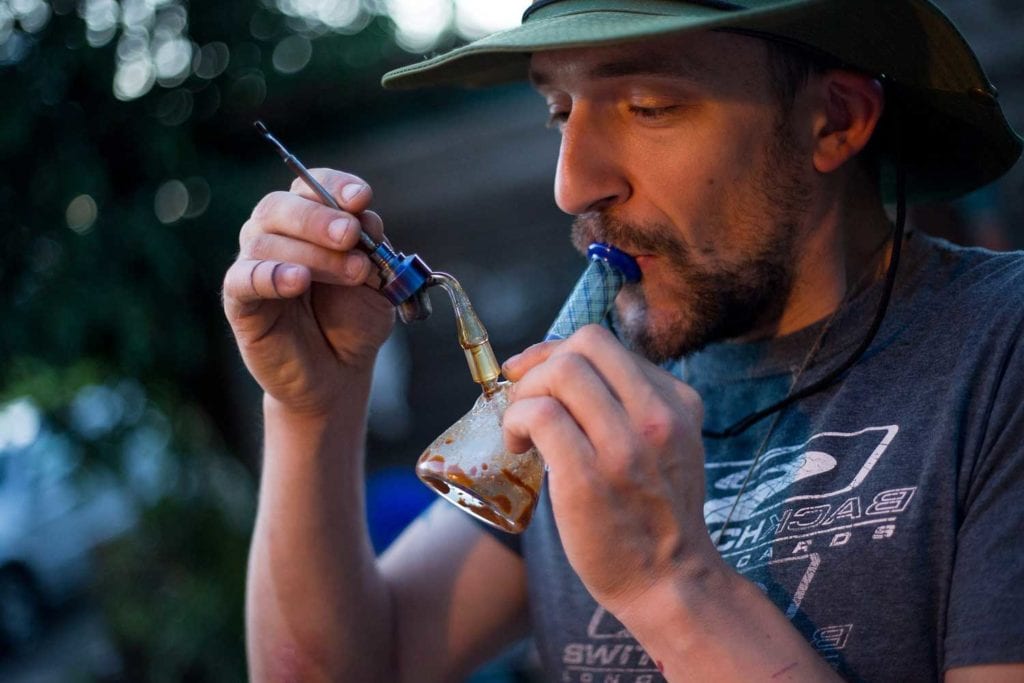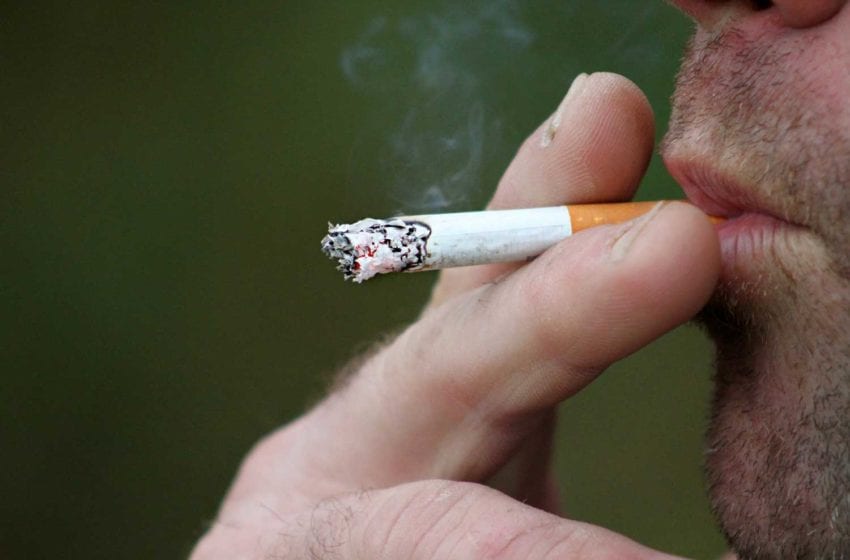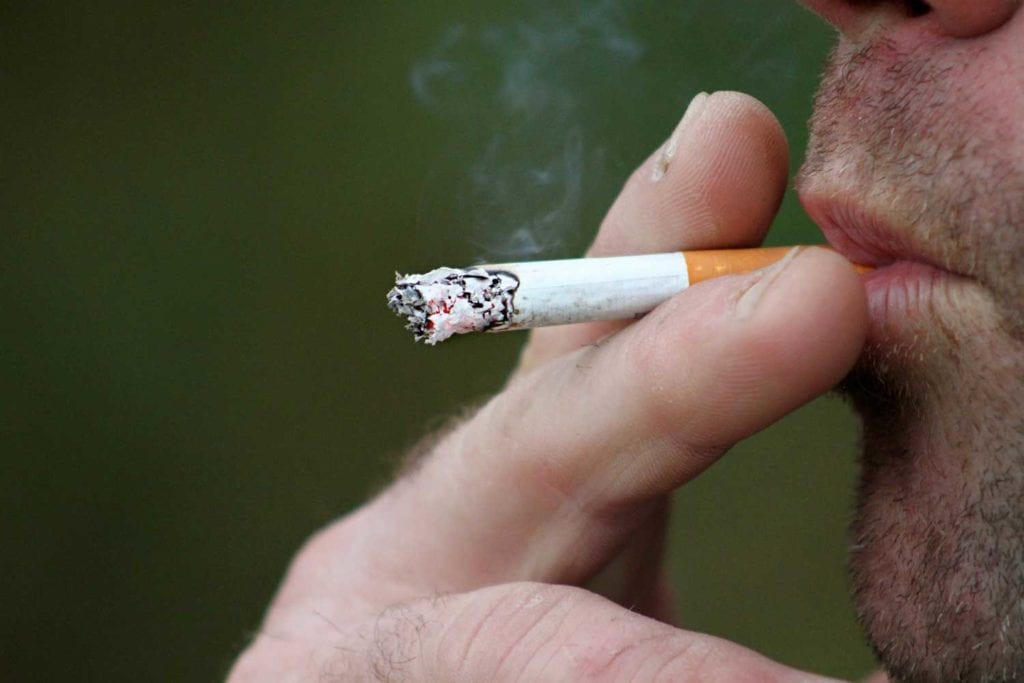
Stora Enso will start negotiations with employees at its Kvarnsveden Mill in Sweden and Veitsiluoto Mill in Finland regarding a plan to permanently close pulp and paper production at both mills. The planned closures would take place during the third quarter of 2021 and directly affect 670 people in Finland and 440 people in Sweden.
Paper demand in Europe has declined for more than a decade. This trend has further accelerated due to the pandemic, which has led to changes in consumer behavior. As a consequence, there is a significant overcapacity in the European paper market, which has resulted in historically low price levels and challenged the cost competitiveness of many paper mills. Both Kvarnsveden and Veitsiluoto mills are loss-making, and Stora Enso expects their profitability to remain unsatisfactory.

This is heavy news for our company and our colleagues at Veitsiluoto and Kvarnsveden mills.
Annica Bresky, president and CEO, Stora Enso
“This is heavy news for our company and our colleagues at Veitsiluoto and Kvarnsveden mills,” said Annica Bresky, Stora Enso’s president and CEO, in a statement.
“Our people at the sites are very competent and have done their utmost during very difficult circumstances. Unfortunately, in the rapidly declining paper market, we need to adjust our production capacity to improve the competitiveness of our total paper business. This sadly means the closure of unprofitable assets.”
“We have examined several options to improve the financial situation for Veitsiluoto and Kvarnsveden mills,” said Kati ter Horst, executive vice president of Stora Enso’s paper division. “However, none of these options have proved feasible in ensuring a cost competitive future for the mills. If there was a decision to close down the mills, we would work closely together with other Stora Enso locations, the cities of Kemi and Borlange, and other stakeholders to support in re-employment and training of the affected employees. We would also actively engage in discussions to find alternative future uses for the mill sites. Throughout this process, we will serve our customers in the best possible way.”
The planned mill closures would reduce Stora Enso’s paper production capacity by 35 percent to 2.6 million tons per year.











